As writers, we love to see stuff blossom. Anything, really.
Flowers? Yes! We want to see those colors, see those shapes, see that–aah, wow, yes!–stunning growth from what was once a tiny seed.
Kids? Yes! We want to see our kids–whether those we parent, those we teach, or those for whom we write–grow into confident, bold, kind, and wise human beings.
Stories? Yes! We want to see the characters about whom we care so deeply, the plots into which we pour our minds, and the conflicts through which we split open our hearts all grow, develop, and yield something beautiful.
And because we are writers, we know that stories need endings. We know that planting a seed–starting something off–can be satisfying in its own way, but were we to always stop at the Starts, we’d feel somehow aloof, adrift, maybe even…angry. (For more on anger, read Susan Vaught’s remarkable post on the emotion here.)
But as writers, our desire for strong finishes, redeeming denouements, blossoming finales leaves us, well, kind of with our hands tied when it comes to one issue: publication. We can create and craft and revise and submit to our heart’s delight, but we have no control over the endings. None.
And if you’re anything like me, this kind of hurts to admit. It feels powerless, scary, and confusing.
So when I found a line from Robert Louis Stevenson that spoke directly to that fear, I wrote that line in my journal, posted it on the wall by my desk in the classroom where I teach 7th grade, put it on a sticky note inside my wallet, texted my friends with the quote, and pretty much repeated it to anyone I met. Even grocery store cashiers.
Stevenson wrote, “Don’t judge each day by the harvest you reap, but by the seeds you plant.”
About five years ago, my wife, Jennifer and I decided that we were going to give away most of what we owned, and bring our two-year old son abroad to live in England for three years. She would work on her PhD, and I would be a stay-at-home dad and write. I thought that some of the many seeds I’d planted as a writer would blossom at some point during our three-year excursion, helping us to have a little more income other than the student loan on which we were going to live.
And I planted a lot of seeds during those three years. I wrote drafts of four middle grade novels. I wrote drafts of 50 picture book manuscripts. I wrote proposal packages for three non-fiction books. I wrote two drafts of literary fiction-esque novels. I wrote a slew of poems.
And then I revised many of these projects, trashed many of them, rewrote many of them.
Hands in dirt! Planting seeds! Going deep!
Dirt in fingernails! Still planting!
And I woke up each morning with that magical thought bubble: Hey, you know, well, yeah…THIS COULD BE THE DAY.
But it never was. And as we watched electric bills pile up, “Rent Due” notices gather, and as we marked on the calendar when each student loan installment was going to come–itching for that student loan disbursement day with hopeful fear–another thought bubble began to form: Maybe this isn’t going to work. Maybe this was crazy.
And so I looked for a “real” job while my son was in preschool. I applied to janitorial jobs, substitute teaching jobs, grocery store clerk jobs, secretarial jobs.
Hey, more dirt! Digging! Fingernails dirty with job applications! Yeah!
But none of those job applications yielded, well, JOBS. In fact, none of those seeds even yielded an interview.
This went on for a long time, and eventually the only job I could find was to deliver newspapers. So I delivered newspapers. And I was a little angry about it some mornings. (Again, thank you Susan Vaught for your incredible post!) And some mornings I managed to listen to music and see the bright side of it: it was teaching me to wait, to struggle, to hope, to be looked at like I was insane by the tweens delivering newspapers, to appreciate my wife and son who did the route with me some days, hleping me feel like I really wasn’t a complete failure as a father and a writer.
To shorten what may already be becoming a belabored story: nothing happened. All three of those England years yielded no blossoms that would help us make rent, no successes to which we could write home about. And we flew back home humbled, yes, but also more together as a family. More aware of the actual journey of a writer. More ‘okay’ with failure. And more able to be honest about those emotions inside that aren’t always happy and glad and smiley (yup: again, a nod of gratitude to Susan!).
Now, looking back, those three years in England sometimes take on a resplendent glow. When books are under contract and coming out, it feels easier to look back at those three years and say, See! They were all worth it, all leading up to this point! The planting MATTERED! Dirty fingernails, huzzah!
But that would be a mistake. More than a mistake, I think it might be downright wrong–the absolute opposite of what Stevenson meant by his quote. I don’t think the planting is worth it ONLY if / because it reaps a harvest. Instead, the planting is worht it because that’s what good writing and good living are all about.
We cannot control outcomes. We cannot control blossoms and harvests. And if we see seed-planting as worthwhile only because a harvest is reaped, then I think the point of seed-planting is lost. If I go back to those years in England and reconnect with what mattered there, I would see that it was the turning on of the computer after another rejection. It was the delivery of the morning paper after another late bill. It was the relationships that formed between my wife and I, and with our son.
Those were the seeds.
And if a harvest or a blossom ever comes, in a weird way, it carries with it the danger of losing touch with seed-planting, and focusing more on the harvest. If I’m being honest? Right now, that’s my struggle. I need help from friends to go back to the turning on of the computer–to WRITE, not to CHECK on stuff. To plant seeds, not to see what kind of harvest might be reap-able.
If I don’t end each day with dirty fingernails, then am I really living? Am I really writing, after all?


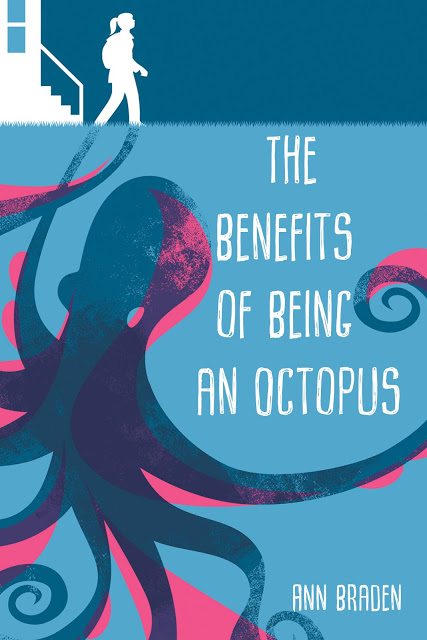

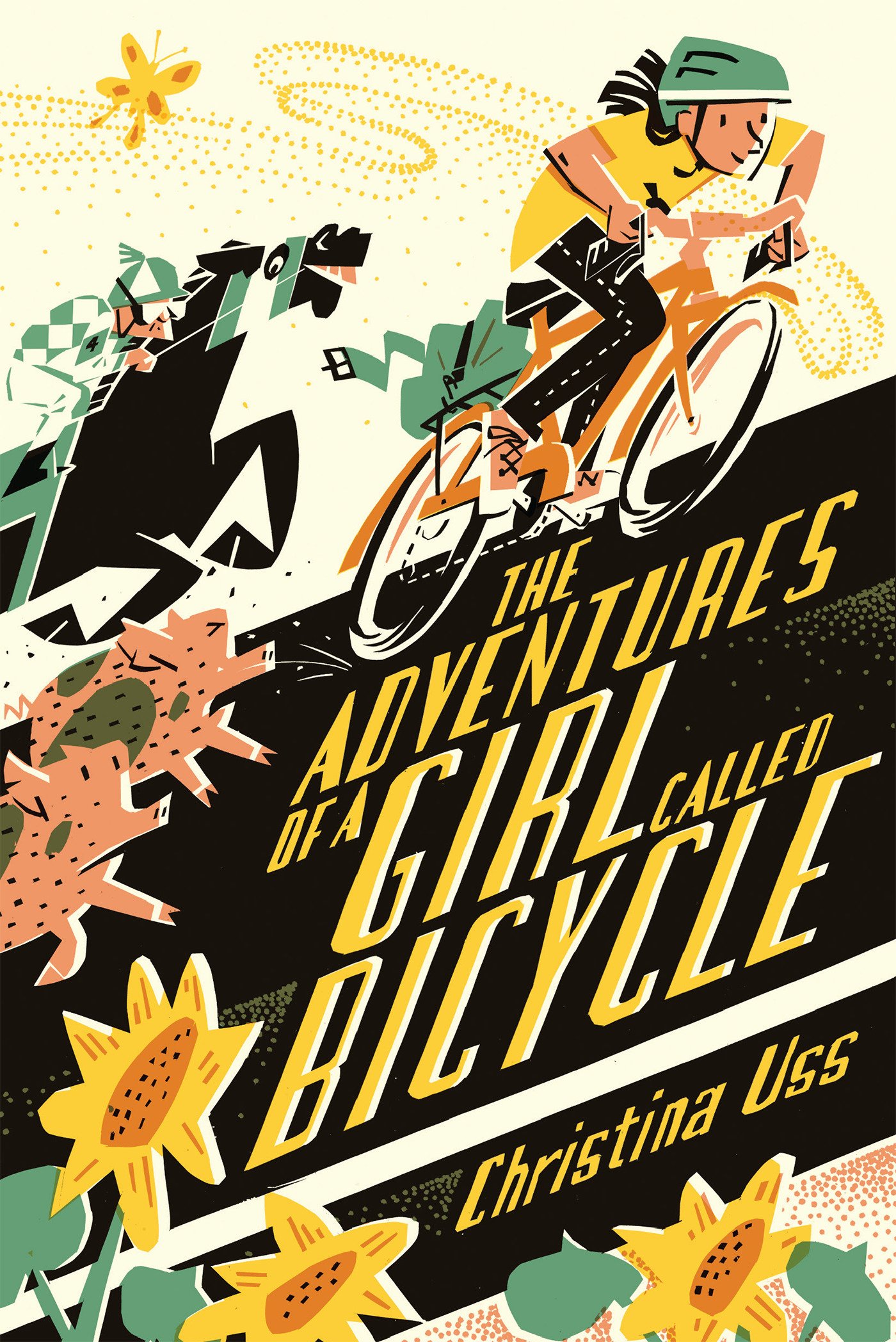






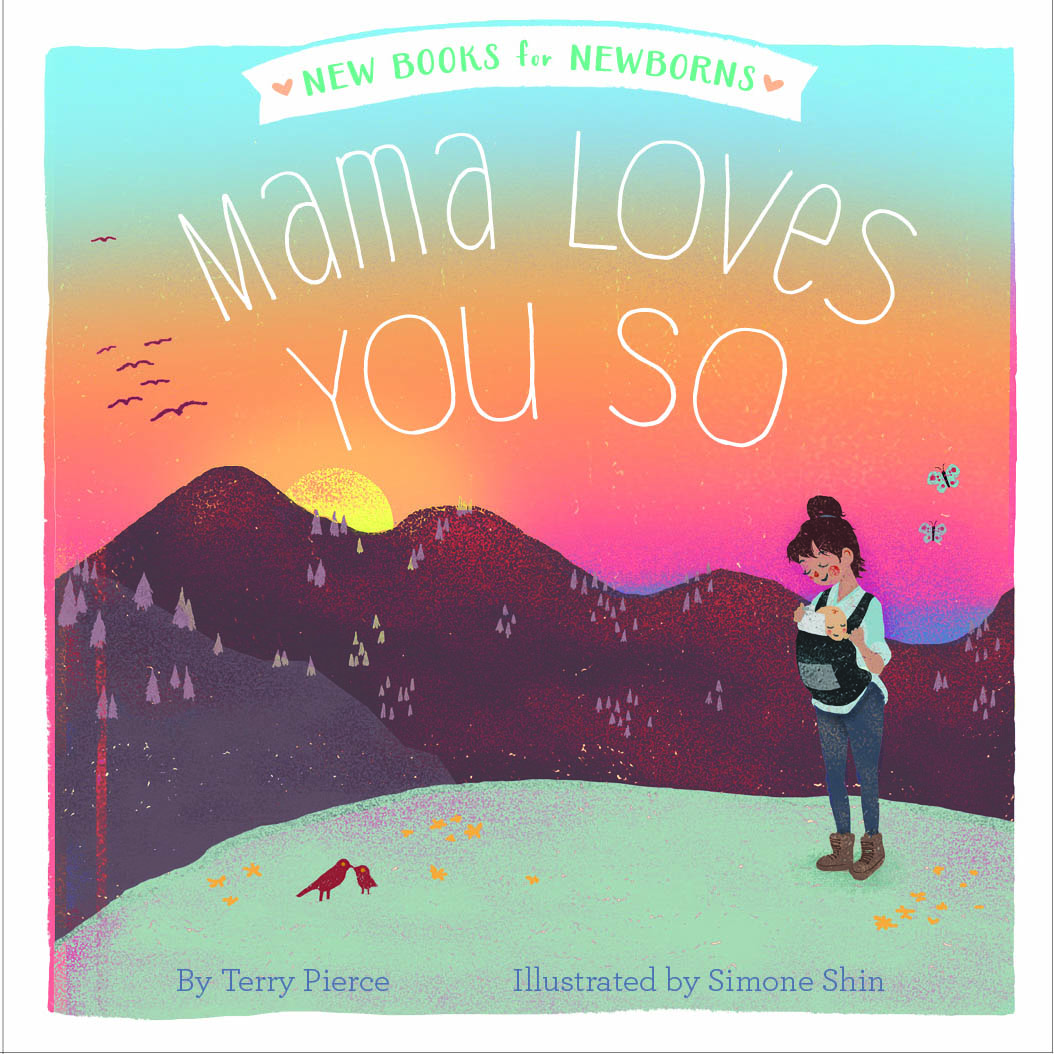
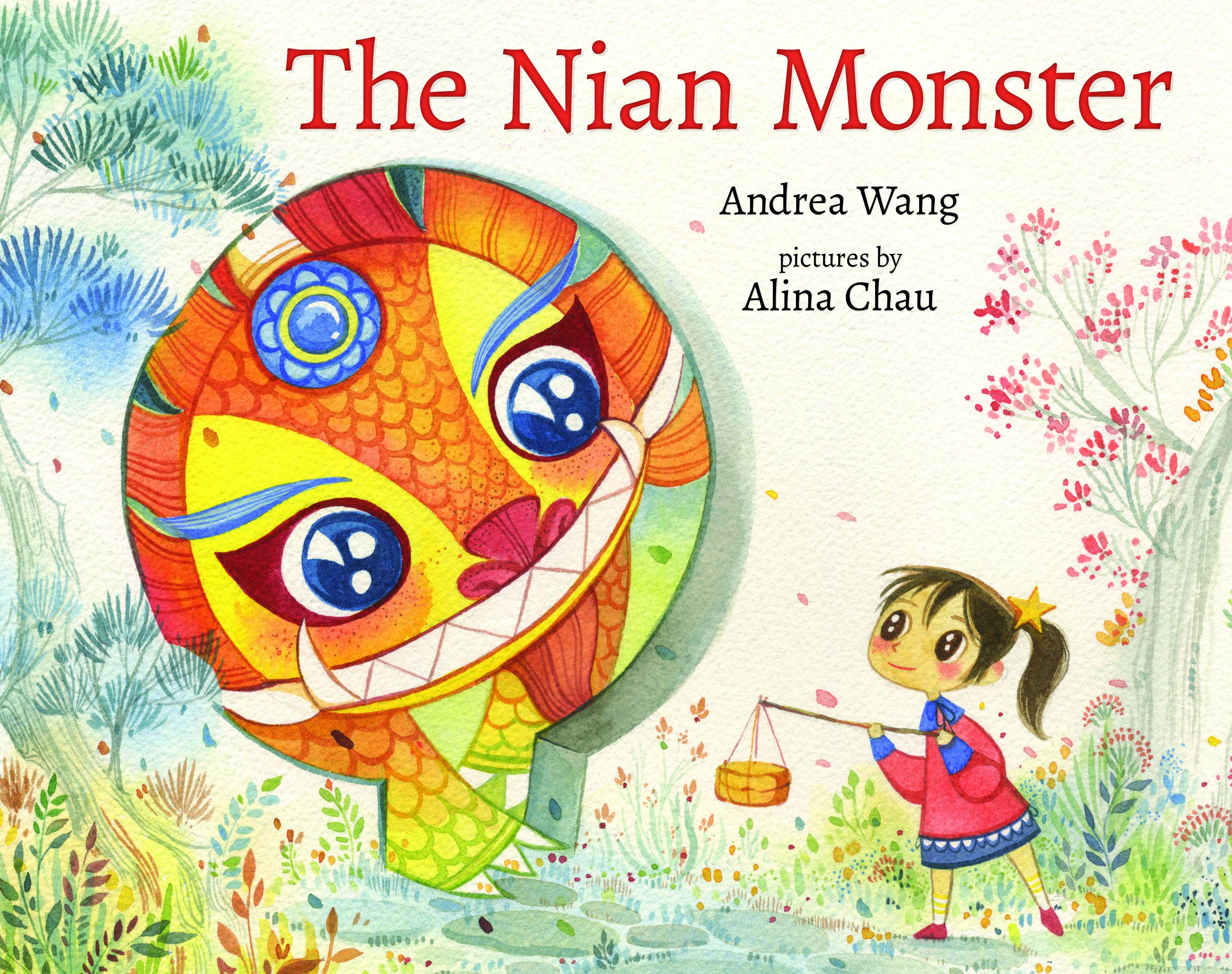
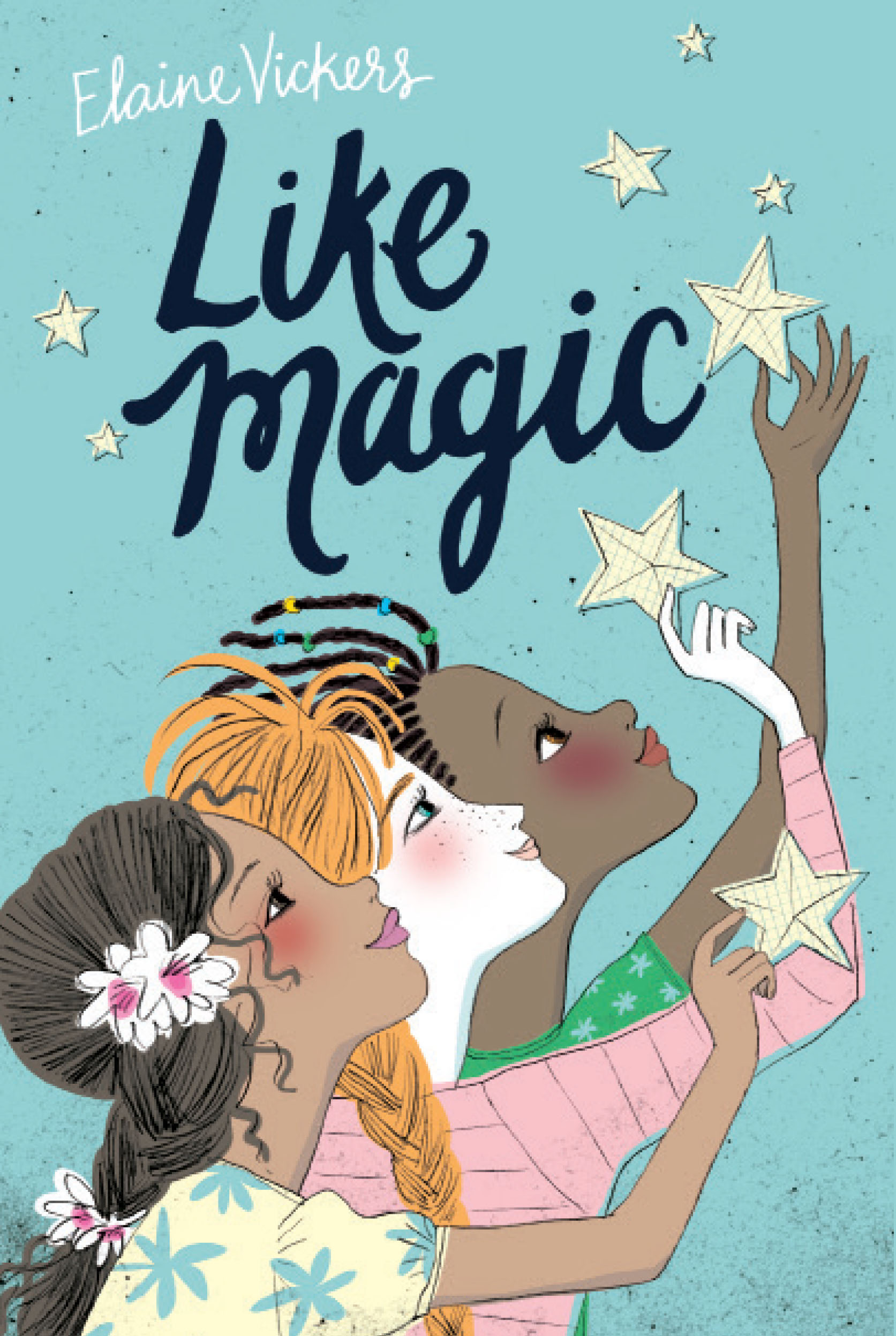
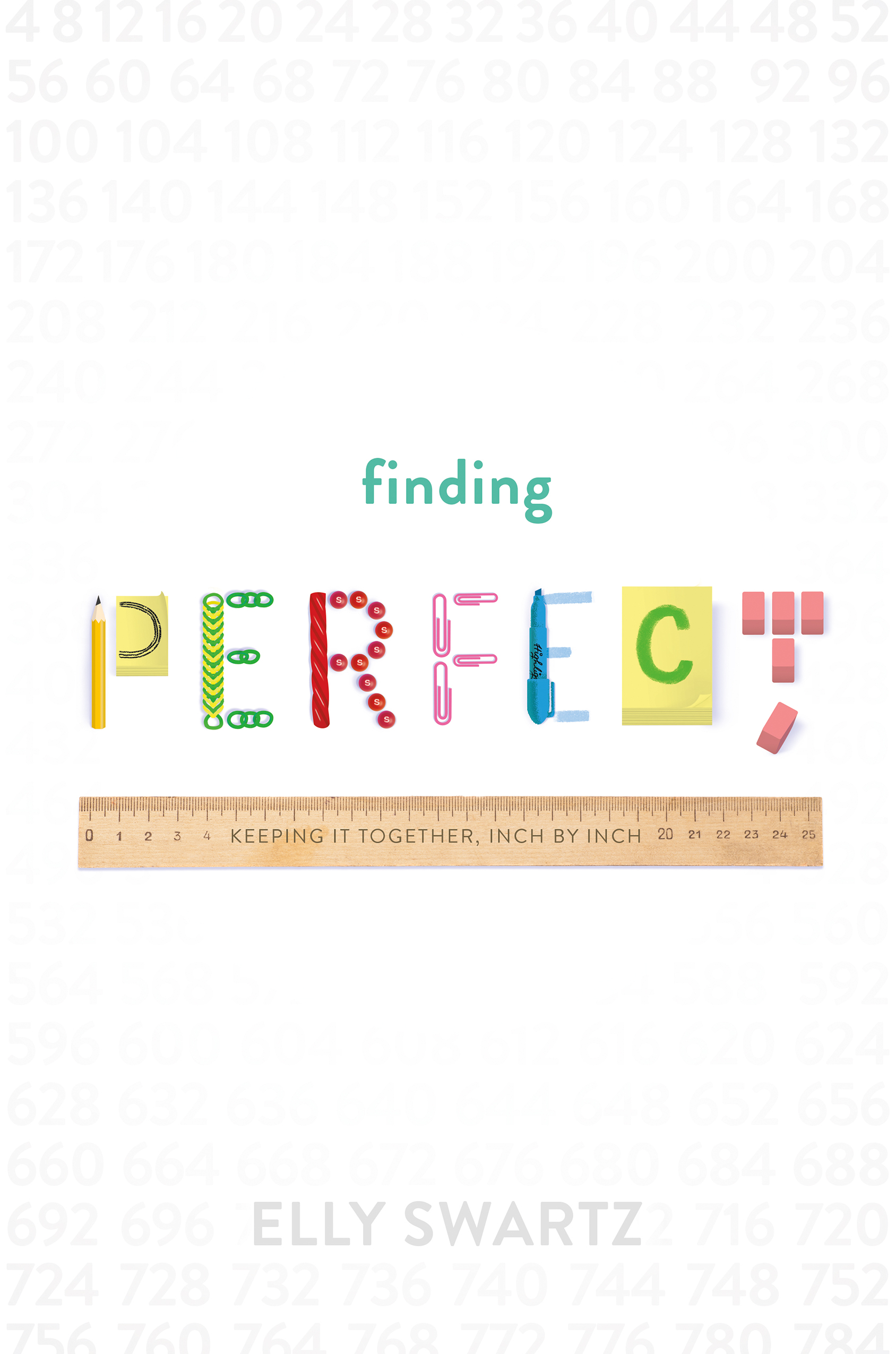
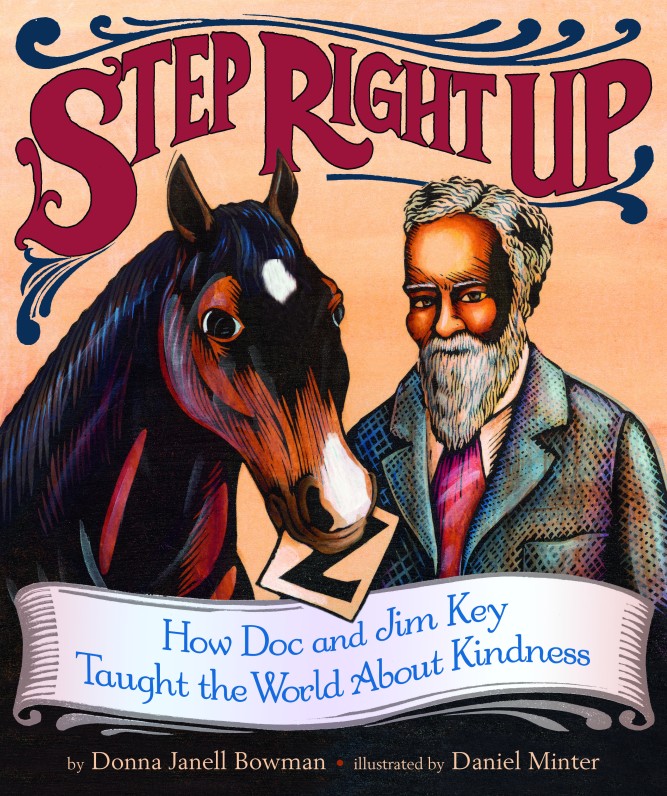
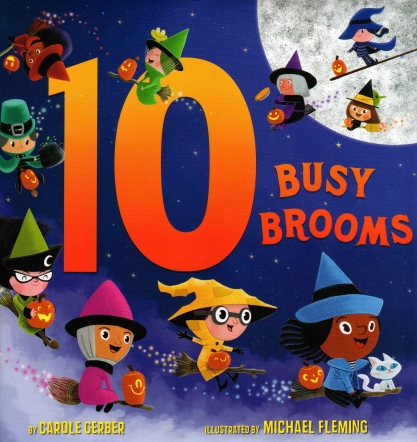
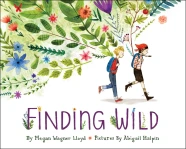
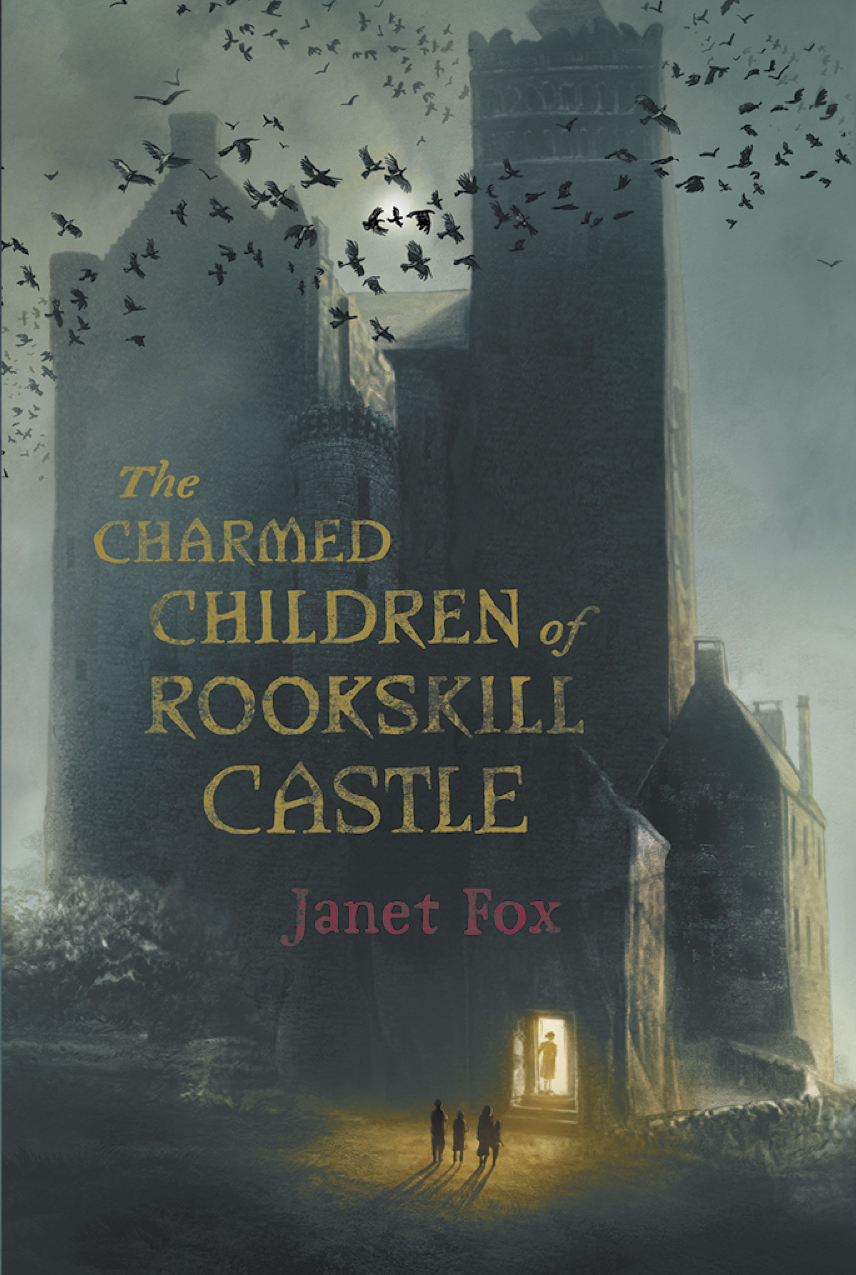
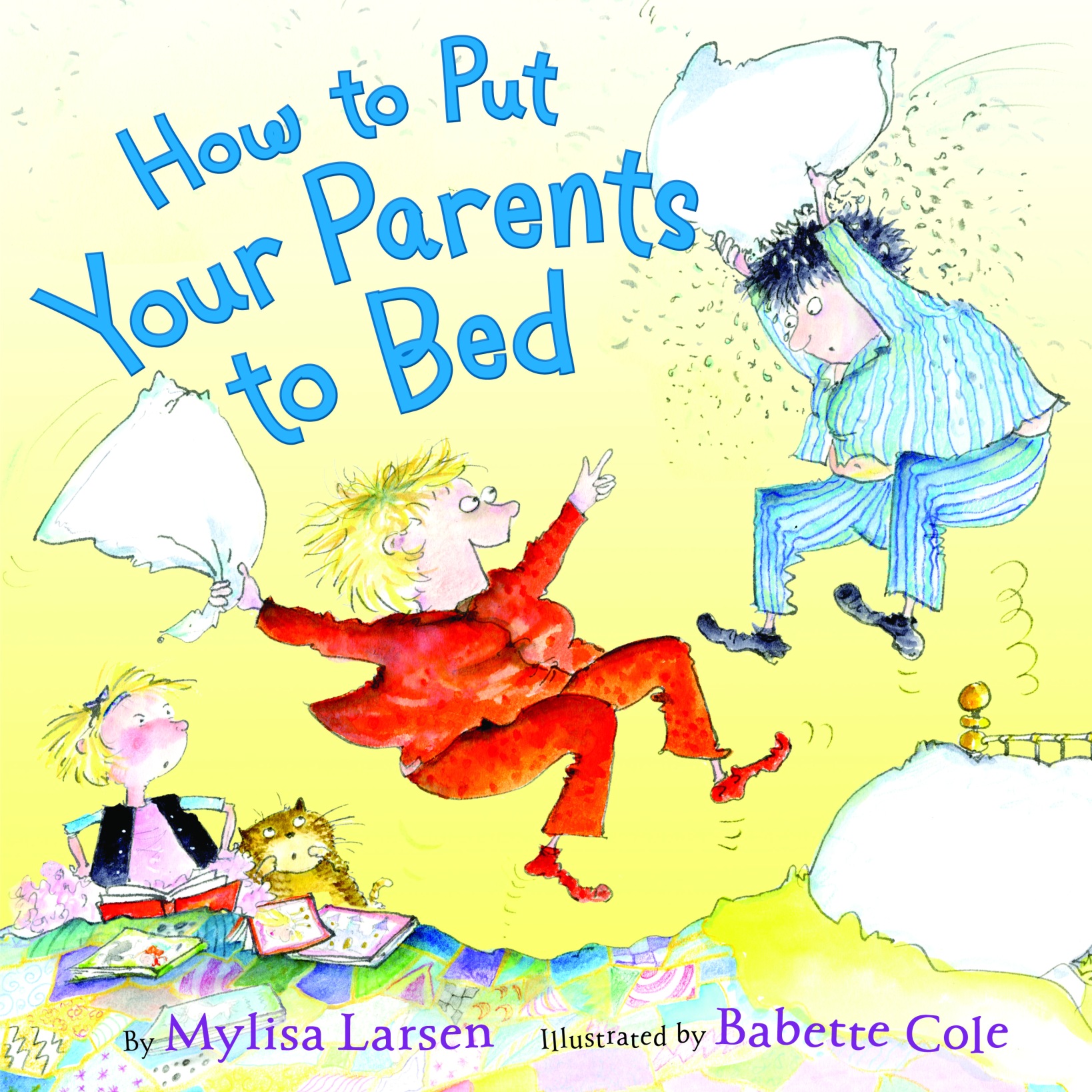



*bravo* Your thoughts are spot on. I’ve been working on my dream for some time. Maybe SOON this will all pay off (publishing contract). But even then, the planting continues. The dirty fingernails make everything worth it. Because in the end, you haven’t lived unless you’ve experienced the dirt and grime and sweat.
LikeLiked by 3 people
Oh Luke. As a fellow waiter, this is music and magic in my opinion. Dirt under the fingernails, oh yes. Love the process, deeply love the process, right? I had to soul search, get mad, get very sad, and keep on going too. I know you know that. And I will add this to what you so eloquently said, too: Part of that digging and planting and searching is the people who are on their knees doing the same thing right next to you. Thanks for being in it with me. ❤
LikeLiked by 3 people
Luke, This is such helpful honesty. Thank you.
LikeLiked by 3 people
So nicely said. And for a gardener like me, it resonates as a lovely metaphor. Thanks for this!
LikeLiked by 3 people
Luke–this is so lovely, candid and heartfelt! It’s what I struggle with too, being in the present–that’s where the joy is. So here’s to sowing seeds!
LikeLiked by 2 people
Powerful post, Luke, and a great reminder about keeping our focus where it belongs. Bravo!
LikeLiked by 3 people
Wonderful post, Luke! As writers, we are not rewarded nearly often enough for our work but are compelled to do this thing that we do.
LikeLiked by 3 people
Talk about a post that resonates…this is it. I’d never heard the Stevenson quote before. It’s wonderful advice.
LikeLiked by 2 people
Love the quote, too (especially with a gardener in my house). I’m so glad the anger post spoke to you. 🙂 And glad you talked honestly about being angry, and the frustration of the journey. Very inspirational!
LikeLiked by 2 people
You are brave and you are right! Thank you for the reminder.
LikeLiked by 2 people
Wonderful post, Luke! And, yes, it is VERY had after the harvest to get back to planting seeds. Right there with you. It does seem to be getting easier, finally!
LikeLiked by 1 person
So glad I took the time to read this post. Thank you for being honest and revealing, Luke. It matters.
LikeLiked by 1 person
I can so relate to this post! Thank you for sharing. I especially appreciated these lines: “I don’t think the planting is worth it ONLY if / because it reaps a harvest. Instead, the planting is worth it because that’s what good writing and good living are all about.”
LikeLiked by 1 person
I love everything about this post. You rock.
LikeLiked by 1 person
Oh, Luke, I love this. We writers are all so vulnerable as we til the soils of an unpredictable, even uncertain publishing career. In the end, as artists, we must always love the art first. Always first. Bravo!
LikeLiked by 1 person